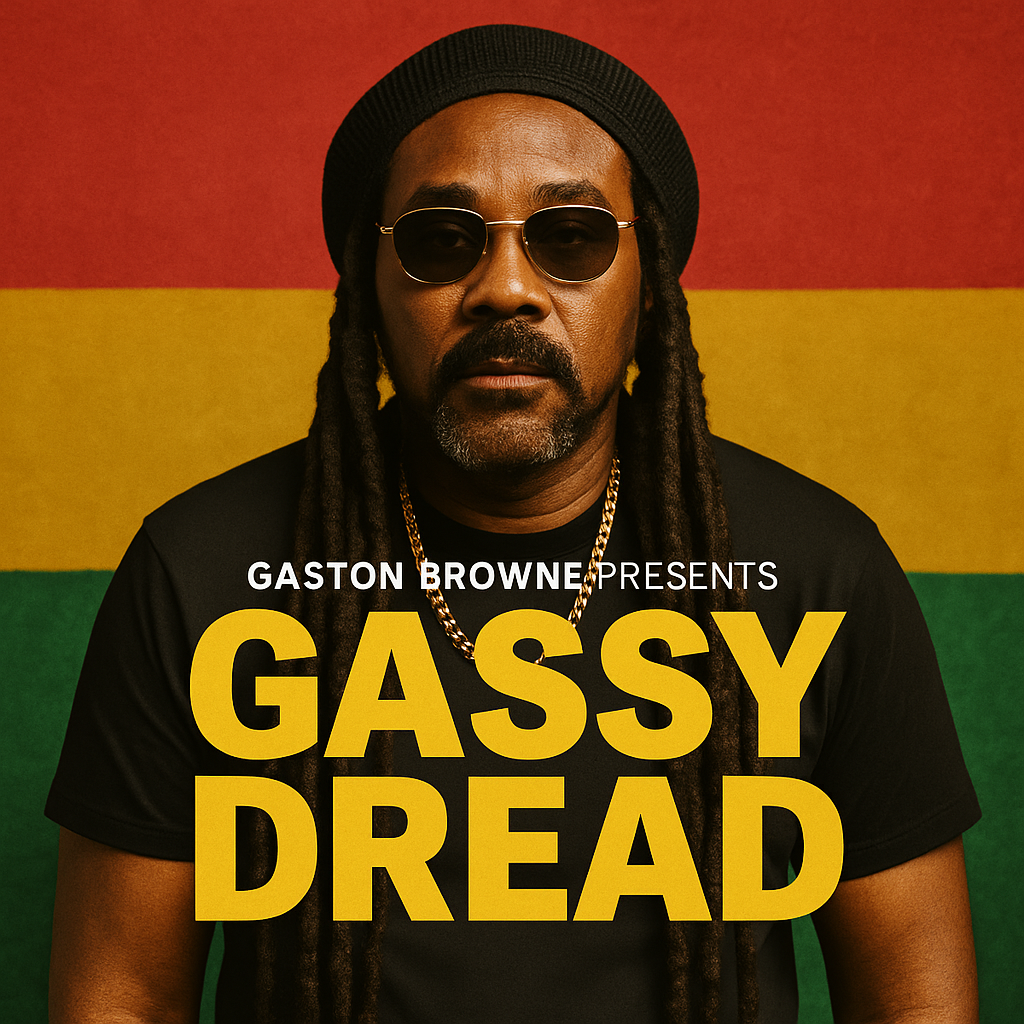In the realm of global music competitions, the Eurovision Song Contest reigns supreme, with a staggering audience of around 163 million viewers in the last edition. Each year, the event becomes a melting pot of diverse musical opinions, leading to ongoing debates on what factors can secure a coveted win.
According to Joe Bennett, a forensic musicologist from Berklee College of Music, successful Eurovision songs can be categorized into two primary musical styles: the high-octane “Euro-banger” and the poignant ballad. The former often exemplifies energetic tracks above 120 BPM, like Sweden’s triumphant entries "Euphoria" and "Heroes," while the latter glides gracefully around 70 BPM, as demonstrated by Portugal’s "Amar Pelos Dois" and the Netherlands’ "Arcade."
Despite the clichéd perception of Eurovision as a platform for love and unity, Bennett outlines that six overarching lyrical themes prevail: love, unity, self-assertion, partying, history, and music-making. He notes that songs centered on self-empowerment, like Conchita Wurst’s "Rise Like a Phoenix", have historically struck a chord with audiences.
When it comes to staging, experts advise against excessive theatrics. Songwriter Thomas Stengaard attributes his 2013 winning entry “Only Teardrops” to its straightforward, memorable presentation. Vocal coach Carrie Grant echoes this sentiment, emphasizing that elaborate set designs should enhance, not overshadow, the performance.
Musical choices also influence a song's success. Bennett explains the increasing trend of minor-key compositions, which 85% of finalists employed in recent years. He argues that minor keys often evoke deeper emotional resonance. Conversely, this year’s UK entry "What the Hell Just Happened,” penned by Remember Monday, opts for a major key to stand out in a prevailing sea of minor tunes.
To ensure a song remains memorable, adding surprising elements is crucial. Margulis highlights that while repetition can aid recall, innovative twists keep audiences engaged. From Bucks Fizz's iconic costume reveal to songs featuring unexpected key changes, these elements often transform standard tunes into memorable hits.
As the 2025 Eurovision Song Contest approaches, aspiring entrants would do well to heed the seasoned advice from industry experts. With a combination of simple yet effective staging, emotive lyrical themes, and attention-grabbing musical surprises, contenders may well find themselves stepping onto the stage to a roaring audience, poised to take the crown.
According to Joe Bennett, a forensic musicologist from Berklee College of Music, successful Eurovision songs can be categorized into two primary musical styles: the high-octane “Euro-banger” and the poignant ballad. The former often exemplifies energetic tracks above 120 BPM, like Sweden’s triumphant entries "Euphoria" and "Heroes," while the latter glides gracefully around 70 BPM, as demonstrated by Portugal’s "Amar Pelos Dois" and the Netherlands’ "Arcade."
Despite the clichéd perception of Eurovision as a platform for love and unity, Bennett outlines that six overarching lyrical themes prevail: love, unity, self-assertion, partying, history, and music-making. He notes that songs centered on self-empowerment, like Conchita Wurst’s "Rise Like a Phoenix", have historically struck a chord with audiences.
When it comes to staging, experts advise against excessive theatrics. Songwriter Thomas Stengaard attributes his 2013 winning entry “Only Teardrops” to its straightforward, memorable presentation. Vocal coach Carrie Grant echoes this sentiment, emphasizing that elaborate set designs should enhance, not overshadow, the performance.
Musical choices also influence a song's success. Bennett explains the increasing trend of minor-key compositions, which 85% of finalists employed in recent years. He argues that minor keys often evoke deeper emotional resonance. Conversely, this year’s UK entry "What the Hell Just Happened,” penned by Remember Monday, opts for a major key to stand out in a prevailing sea of minor tunes.
To ensure a song remains memorable, adding surprising elements is crucial. Margulis highlights that while repetition can aid recall, innovative twists keep audiences engaged. From Bucks Fizz's iconic costume reveal to songs featuring unexpected key changes, these elements often transform standard tunes into memorable hits.
As the 2025 Eurovision Song Contest approaches, aspiring entrants would do well to heed the seasoned advice from industry experts. With a combination of simple yet effective staging, emotive lyrical themes, and attention-grabbing musical surprises, contenders may well find themselves stepping onto the stage to a roaring audience, poised to take the crown.






















